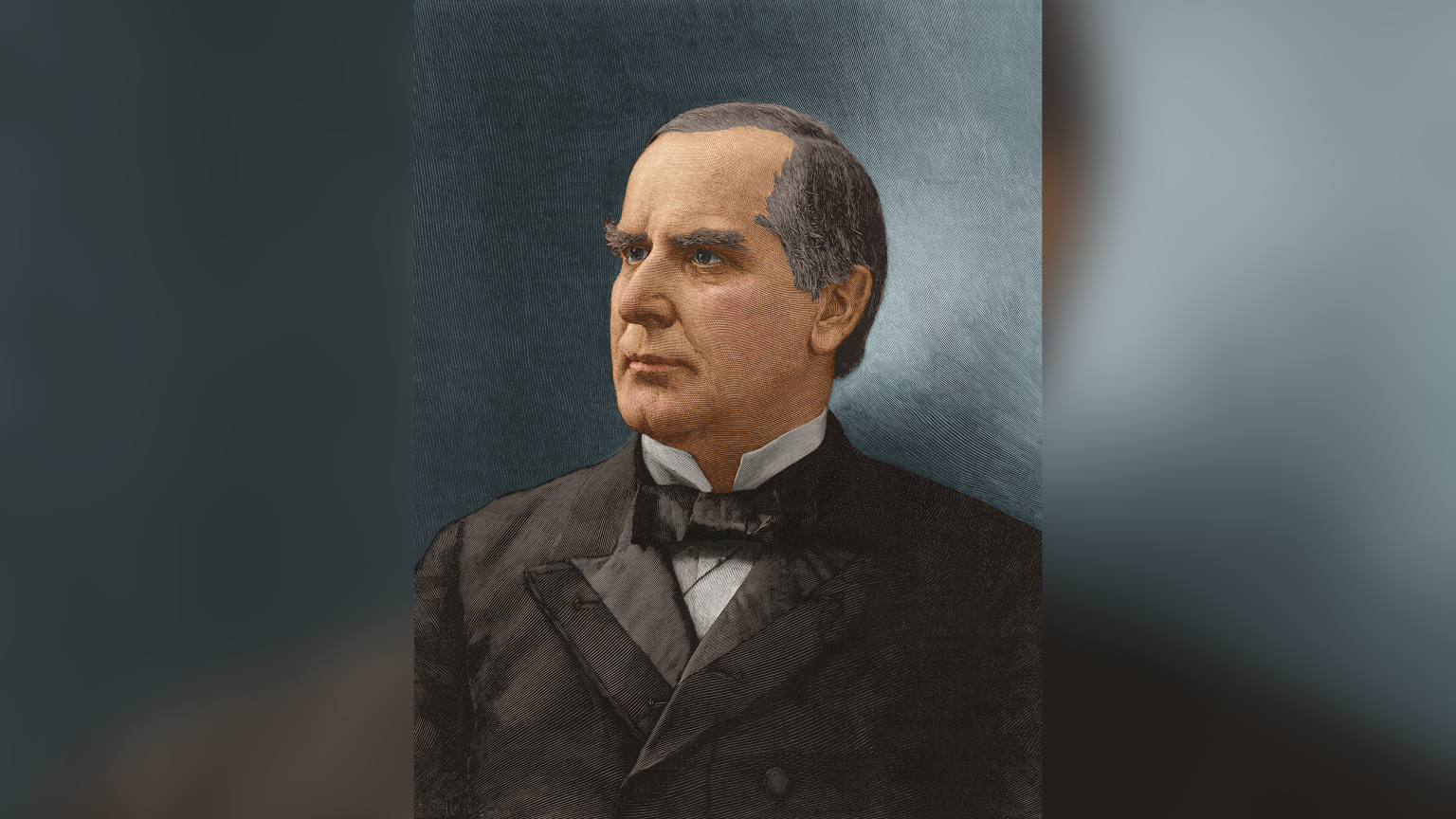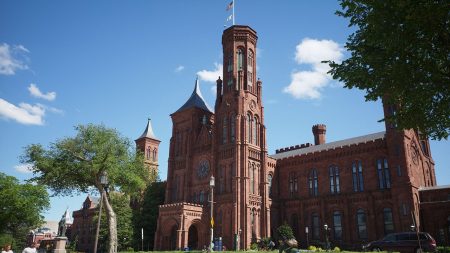On April 20, 1898, President William McKinley asked Congress to declare war on Spain in response to the ongoing conflict between Spain and Cuba. Congress passed a joint resolution acknowledging Cuban independence and demanding Spain give up control of the island. Congress also authorized McKinley to use military measures to guarantee Cuba’s independence. Tensions had been brewing, with Cuban rebels receiving assistance from the U.S. and Spain retaliating with brutal force, resulting in the deaths of over 100,000 civilians.
American media criticized McKinley as weak, inciting the public to support war. Headlines such as “Spanish Treachery!” and “Destruction of the War Ship Maine Was the Work of an Enemy!” further fueled the conflict. On April 11, 1898, McKinley sought Congress’s authorization to end the civil war in Cuba. Spain declared war against the U.S., leading to a formal assertion by Congress of a state of war. The conflict escalated, with the U.S. army invading Cuba and the navy destroying Spanish squadrons in the Caribbean and Manila Bay.
Following a ceasefire, the U.S. and Spanish governments signed the Treaty of Paris on Dec. 10, 1898, ending the war. The treaty guaranteed Cuban independence, forced Spain to cede Guam and Puerto Rico to the U.S., and sold the Philippines to the U.S. for $20 million. The U.S. Senate ratified the treaty on Feb. 6, 1899, with one vote margin. McKinley, known for his expertise on tariffs as a congressman, served as president from 1897 until his assassination in 1901 by an anarchist named Leon Czolgosz.
Czolgosz was found guilty and executed for McKinley’s assassination, who was buried in Canton, Ohio, where a memorial was later erected in his honor. McKinley’s presidency was marked by his efforts to avoid conflict with Spain, but pressure from the media and public support for war eventually led to the Spanish-American War. His assassination in 1901 cut short his presidency, but his legacy as a president who stood for public interests and tariffs remains. The Spanish-American War marked a turning point in U.S. history, leading to the acquisition of territories and setting the stage for future conflicts and alliances.















